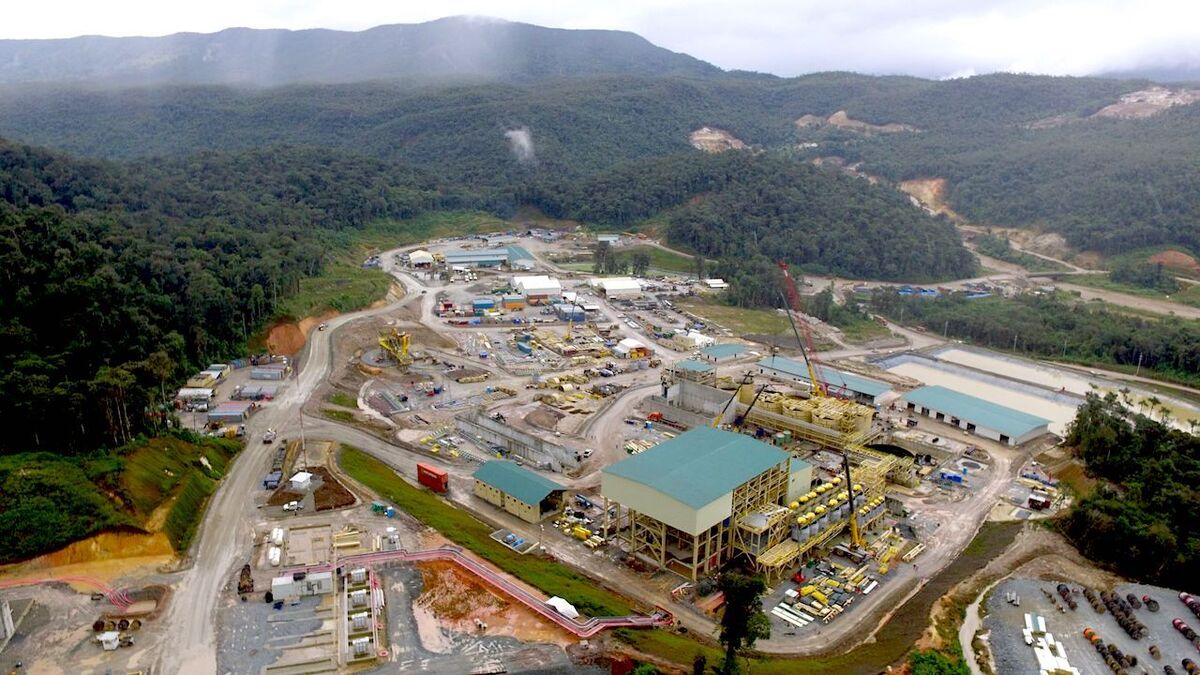
Citgo raises light crude rates, fuel exports

The US independent refiner averaged 724,000 b/d of crude processing during the three-month period, including processing in 20,000 b/d of expanded light crude capacity at its now 177,500 b/d refinery in Corpus Christi, Texas. Domestic crude throughputs at its US Gulf coast refineries reached 366,000 b/d — 61pc of its crude processing capacity in the region.
Imports for Citgo's US Gulf coast refineries were lower by almost half compared to the same quarter of 2018, according to Energy Information Administration data. Almost all of that drop was from Venezuelan crude blocked by US sanctions for all refineries in the country last January.
Citgo also reported higher fuel exports for the quarter. About 36pc of its US Gulf coast refinery light fuels production was sent to the export market, according to the company. Citgo declined to comment on specific volumes.
The company in its statements did not discuss continued efforts in multiple US courts challenging the current ownership of the refiner. Citgo, a subsidiary of Venezuelan national oil company PdV, remains embroiled in efforts by both Venezuelan president Nicolas Maduro and that country's many creditors to seize control of the valuable refining operation.
The US imposed sanctions last January to oust Maduro and support new elections under a transition government led by National Assembly leader Juan Guaido. Citgo operates under a board appointed by Guaido in February led by chairwoman Luisa Palacios and chief executive Carlos Jorda. But Guaido has not gained control over institutions in Venezuela and Maduro remains in power.
The board sought an injunction this week against a Venezuelan attempt to claim a cargo of crude contracted for Citgo stuck in Venezuelan waters for all of 2019.
But US courts also hold more perilous risks for Citgo's current ownership. Former Canadian mining firm Crystallex, now controlled by investment firm Tenor, has argued that the US refiner serves as an alter ego of the country and should be used to satisfy arbitration awards. Numerous other creditors, including ConocoPhillips, oil industry service providers and bondholders have pursued similar arguments in US federal courts.


Trump weighs using $2 billion in CHIPS Act funding for critical minerals

Codelco cuts 2025 copper forecast after El Teniente mine collapse

Electra converts debt, launches $30M raise to jumpstart stalled cobalt refinery

Barrick’s Reko Diq in line for $410M ADB backing

Abcourt readies Sleeping Giant mill to pour first gold since 2014

Nevada army depot to serve as base for first US strategic minerals stockpile

SQM boosts lithium supply plans as prices flick higher

Viridis unveils 200Mt initial reserve for Brazil rare earth project

Tailings could meet much of US critical mineral demand – study

Kyrgyzstan kicks off underground gold mining at Kumtor

Kyrgyzstan kicks off underground gold mining at Kumtor

KoBold Metals granted lithium exploration rights in Congo

Freeport Indonesia to wrap up Gresik plant repairs by early September

Energy Fuels soars on Vulcan Elements partnership

Northern Dynasty sticks to proposal in battle to lift Pebble mine veto

Giustra-backed mining firm teams up with informal miners in Colombia

Critical Metals signs agreement to supply rare earth to US government-funded facility

China extends rare earth controls to imported material

Galan Lithium proceeds with $13M financing for Argentina project

Kyrgyzstan kicks off underground gold mining at Kumtor

Freeport Indonesia to wrap up Gresik plant repairs by early September

Energy Fuels soars on Vulcan Elements partnership

Northern Dynasty sticks to proposal in battle to lift Pebble mine veto

Giustra-backed mining firm teams up with informal miners in Colombia

Critical Metals signs agreement to supply rare earth to US government-funded facility

China extends rare earth controls to imported material

Galan Lithium proceeds with $13M financing for Argentina project

Silver price touches $39 as market weighs rate cut outlook


















